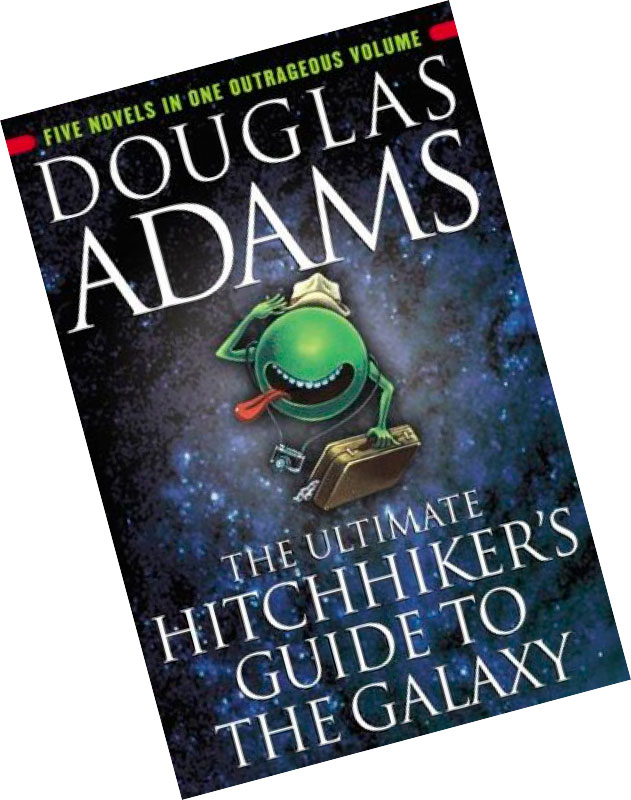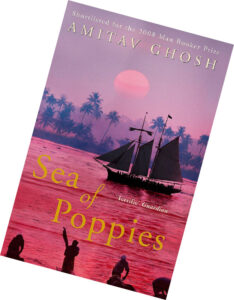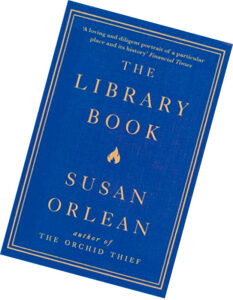

I have a young friend, Apuurva, who is as crazy about books as I am. The other day I messaged her and in the course of our chat exchange, mentioned that I was reading ‘a fantastic book called The Library Book by Susan Orlean.’
Promptly she wrote back: ‘Guess what? I’m reading the very same book now!’
Two friends, bookworms both, reading the same, rather out-of-the-way book at the same time, in two different places, Chennai and Goa! Who could imagine that! Truth is stranger than fiction! Which brings me to a passage in The Library Book — more about it in my next — about the history of a library in the US. Apparently, back in 1873, it was governed by all sorts of rules; one of them discouraged the reading of ‘too many novels, lest they [readers] turn into what the association labelled “fiction fiends”…’! In 2020, I have no hesitation in urging you loud and clear to become ‘fiction fiends’. You will find that fiction’s a friend.
Stories spun out of a writer’s imagination — and here I refer to the best writing, of which there is plenty, and not the trashy kind of writing, of which too there is plenty — create worlds in which readers can lose themselves. Sometimes, you feel that the character emerging from the novel or story is you and you think: how did this author know this about me? Or, this is exactly what I was thinking. Or, I knew this would happen. Or, really, I didn’t know this would happen. Or, oh, so that’s why he did this or she said that.
Rabindranath Tagore’s Nastanirh, which became famous in its film version as Charulata, explores the loneliness and longing of a woman within a joint family. It’s a theme far ahead of its times, intimately exploring the mind of a woman. Or, take Munshi Premchand’s Godaan, considered by many to be the finest novel in Hindi ever written. Tackling themes such as caste discrimination, dreams and desire, gender, the indigent rural landscape, class exploitation, Premchand powerfully draws readers into the world he creates. The best works of fiction make you observe the world around you while simultaneously pressing you to look inward.
The key to fiction is ‘compelling storytelling’. Once you are hooked, you are able to see things from other points of view thanks to the various characters or situations presented in the novel. You see how people evolve, how societies develop, since things happen over a period of time within the novel, even if it is just a day, as in the case of Ian McEwan’s Saturday. The events described in the novel take place on just one day in London against the backdrop of a demonstration against the US invasion of Iraq. The central character, a neurosurgeon, is shown struggling to understand the meaning of his life in the context of a post-modern world. Although the action takes place over only one day, you the reader begin to see the larger picture, you begin to see things differently and even if some of the insights are troubling, they enrich your inner self. The best writers of fiction enable you to unravel some mysteries of our undoubtedly complex lives.

Compare a history textbook with historical fiction. While the former is generally a litany of names, dates and events, the latter takes you bang into the middle of the action in the period in which the novel is set. Through plot and characters, you taste, smell, feel, see all that’s happening in that time. Eras come alive in a tangible, unforgettable way. It’s the same with general fiction. People and places, events and feelings reach out to you at an emotional level; you cannot but respond. Everything comes together to create a world that’s palpable, even if it is a world of fantasy. Why else would so many love books such as The Hitchhiker’s Guide to the Galaxy by Douglas Adams, a classic science fiction novel of great wit and insight. My niece, when she was in her teens, had this book in one hand at all times except, perhaps, when she was taking a bath. Why else would so many, young, old and middling, swear by Harry Potter? Many young hearts broke when Dan Radcliffe — and not themselves — was chosen to play the role in all seven films! Why, back in Victorian England, would people wait anxiously for the next instalment of The Pickwick Papers or David Copperfield or A Tale of Two Cities? First published serially, Dickens was devoured by readers who loved the way he wove contemporary events and issues into his plots and grew characters with nuanced personalities. They often saw themselves in what he wrote, the characters he created.
That’s the magic of fiction. You can be anybody: a soldier, a singer, a scientist, a mother, a teacher… Through this experience of vicariously living the life of the character, you reap the benefits of deeper understanding and empathy. The magic of fiction is also the source of its power. Fiction also provides contexts. The context in Amitav Ghosh’s Ibis Trilogy, for instance, is the opium trade between China and India. All that happens to the various individuals peopling the three novels — Sea of Poppies, River of Smoke, Flood of Fire — from merchants to rajas to lascars to slaves, is reason for or the consequence of the impact of the opium trade.
Perhaps the most important function of fiction is the way it allows us to engage with our feelings and, in the process, enrich our inner selves. According to Christine Seifert, reading literary fiction ‘helps people develop empathy, theory of mind and critical thinking’. In an article published in the Harvard Business Review in March 2020, she says this is because the act of reading fiction strengthens the cognitive muscles that are essential for the development of EQ, emotional quotient. And a highly developed EQ is what, increasingly, organisations are looking for in their employees. She quotes the example of Joseph Badaracco, professor of Business Ethics at Harvard, who makes fiction titles integral to his course curriculum. She says that he believes that ‘good literature presents characters with competing and often equally valid viewpoints.’ This enables future business leaders ‘to use an expanded ability to understand and respond to competing viewpoints.’

You need imagination to come up with and nurture ideas, and an open mind to make effective decisions, be they personal or professional. Reading fiction provides fuel for the imagination and broadens the mind — provided, of course, it is done willingly and regularly and primarily for the sheer joy of it.
Christine Seifert also quotes the experience of a not-for-profit organisation called Books@Work with getting participants in a workshop to read short stories and/or novels which they then discuss. It appears that this helped participants speak freely and in a more forthright manner as well as communicate more effectively. Finally, to quote a cognitive scientist, Maryanne Wolf: ‘the quality of our reading’ is ‘an index to the quality of our thought’. In other words, better readers could be better thinkers and therefore become better leaders… That’s a thought worth considering. The option’s clear when next you have some time to spare: pick up a fiction title from your bookshelf or the library or the bookstore. Or borrow.
The columnist is a children’s writer and senior journalist.





